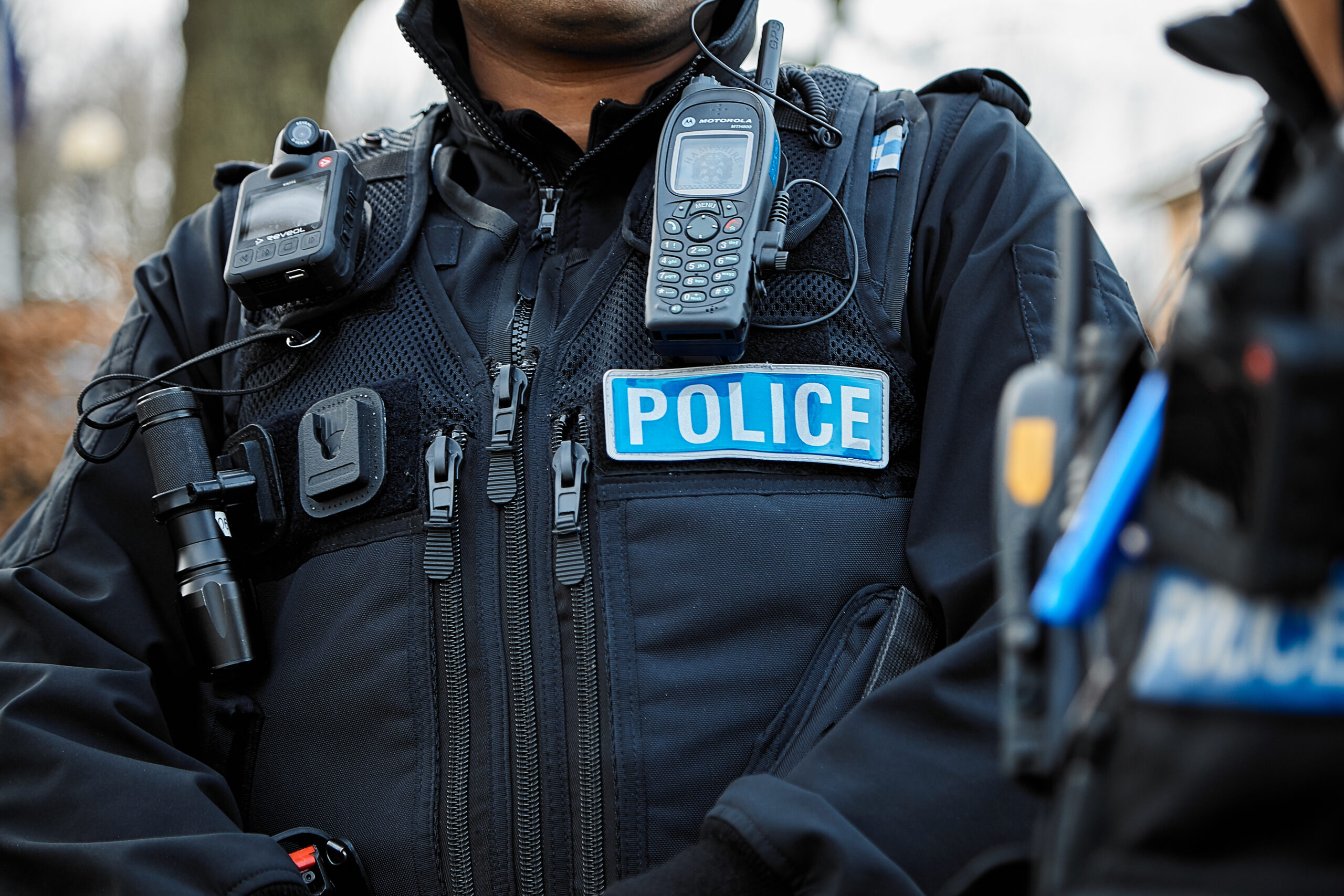Officer Shortage Could Make Job More Dangerous
A LACK of resources could be a huge factor in the increase in the number of police officers being assaulted, Hampshire Police Federation has said.
Government statistics show that in the past financial year, there were 425,721 incidents when police officers needed to use force to protect themselves on duty. This is up from 391,202 the previous year.
According to the figures, 19,758 police officers were injured in such incidents, and 299 received severe injuries such as a fracture or a deep laceration.
And Hampshire Police Federation Chair Zoe Wakefield said the increase could not be explained away by better recording of such incidents.
She said: “I think we’ve been recording assaults well now for several years so I’m not sure any recent increases are down to better recording. I think that violent crime does appear to be on the increase.
“But also I think this is down to a lack of resources as well, but actually if we are able to deploy the right number of officers, with the right equipment and the right skills, then we should be able to pretty much deal with any threat without any officers being injured.
“The problem is that sometimes you might be at a job where we need a Taser officer but there isn’t one available, they’re stuck in custody with a prisoner; or there just aren’t enough officers to deal with a very, very violent person.
“I think that’s the problem, that we don’t always have the necessary numbers or the right skills because we just don’t have the resources.”
Zoe added that officers should make a habit of telling their supervisors when they have felt in danger because of a lack of back-up.
She explained: “I think they need to speak up when there aren’t enough people. We see it a lot, people say, ‘Yesterday it was really bad because we only had one or two’. We say, ‘Did you raise it to your inspector? Did you ask for more resources to be moved from elsewhere?.
“And a lot of them just get on with it, because they don’t want to make a fuss. But they need to make a fuss.
“They need to make sure that if they’re being deployed to an incident single-crewed and they’re not happy to go single-crewed, then they just say, ‘Okay, I’ll start making my way there. Get me some extra resources. I will wait round the corner until the other colleagues arrive’.
“That is better than getting there, dealing with whatever you find and then waiting for officers to come.”
